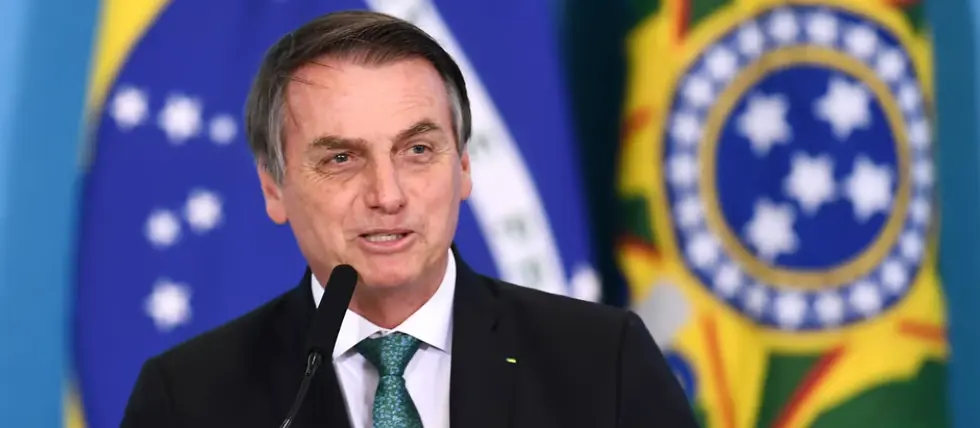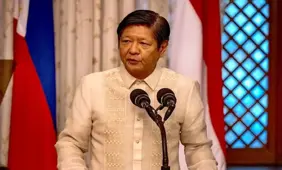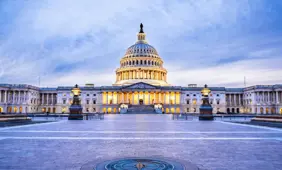Brazil’s President Introduces New Sports Betting Legislation

The Brazilian President, Lula Inacio Da Silva, has signed legislation that sets up a framework for the sports betting and online gaming industry in the country. This is the culmination of a process that has taken more than two years to come to fruition and was started under the previous president in 2022.
The passage of the gambling Bill has seen many amendments between the two legislative chambers in the Brazilian parliamentary system, mainly over the amount of tax and the status of online casinos.
The Bill was passed in December and the government have made forecasts that the legislation could earn a considerable sum in revenue for the country. It is estimated that the government revenue from the regulated gaming industry could be around R$10 billion ($2.06 billion) for the public economy.
Tax Breakdown of the Gambling Legislation
The gambling legislation introduces a tax of 12% of Gross Gaming Revenue (GGR) to licensed gaming operators and sees players taxed at 15% of their winnings.
The Brazilian government has laid out plans for where the tax collected will be spent, with the majority going to sports ministries, at 36% and a further 28% awarded to tourism. Other sectors that will receive part of this taxation are 13.6% for public safety, 10% for education, and 10% for social security.
Gaming Operator Applications
The new gambling PL3626/23 Bill also invites applications from online gaming and sports betting operators who wish to enter the Brazilian regulated betting market. Gaming operators may apply for a license at the cost of R$30m($6m), which covers a five-year period.
One of the requirements for proposed operators is that they must set up a company in Brazil so there is additional revenue generated in the local economy.
More Business News
 Business
Business
PAGCOR Board Members Submit Courtesy Resignations Following Presidential Directive
May 30, 2025RELATED TOPICS: Business
Most Read
Must Read
 Interviews
Interviews
Sweepstakes Casinos: Thriving in an Ever-Changing Industry – Interview with Attorney Stephen C. Piepgrass
Feb 17, 2025 Interviews
Interviews






Review this New Post
Leave a Comment
User Comments
Comments for Brazil’s President Introduces New Sports Betting Legislation